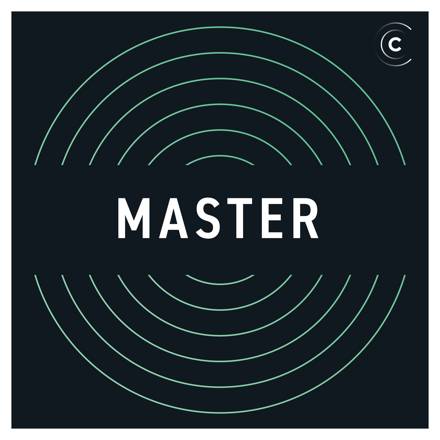Building search tools in Go
Johnny is joined by Marty Schoch, creator of the full-text search and indexing engine Bleve, to talk about the art and science of building capable search tools in Go. You get a mix of deep technical considerations as well as some of the challenges around running a popular open source project.




